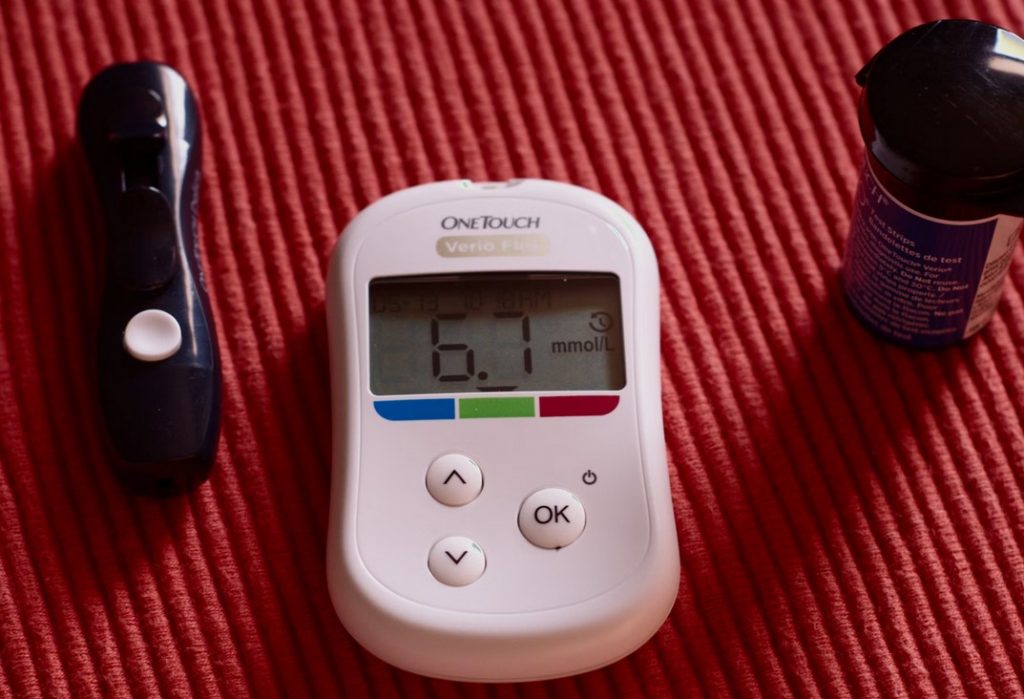Diabetes is a chronic condition that affects millions of people worldwide. It occurs when your blood glucose (sugar) levels become too high, either due to insufficient insulin production or the body’s inability to effectively use insulin. Early detection and management are crucial for preventing serious complications. Understanding the symptoms of diabetes can be the first step toward timely intervention. Here’s a closer look at the key symptoms of diabetes that should never be ignored.
1. Excessive Thirst and Frequent Urination
One of the hallmark symptoms of diabetes is excessive thirst. This occurs because high blood sugar levels cause the body to pull water from tissues to dilute the blood, leading to dehydration. As a result, you might find yourself constantly thirsty, even after drinking large amounts of water.
Frequent urination is another related symptom. When blood sugar levels are high, the kidneys work overtime to filter out the excess glucose, which results in increased urine production. If you notice you’re urinating more often than usual, especially during the night, it could be a sign of diabetes.
2. Unexplained Weight Loss
Diabetes can lead to significant weight loss, even if you’re eating normally. This is particularly noticeable in type 1 diabetes, where the body’s immune system attacks insulin-producing cells in the pancreas. Without enough insulin, the body starts breaking down fat and muscle for energy, leading to weight loss.
In type 2 diabetes, weight loss might be less dramatic but still noticeable. Insulin resistance prevents glucose from entering cells, causing the body to burn fat for energy. If you experience unexplained weight loss despite a normal appetite, it’s essential to consult a healthcare professional.
3. Increased Hunger
On the flip side, some people with diabetes experience increased hunger. This happens because glucose, which is supposed to be a source of energy, isn’t properly absorbed by the cells. As a result, your body feels hungry, prompting you to eat more to compensate for the energy deficit. If you find yourself feeling unusually hungry, especially after eating, it could be related to diabetes.
4. Fatigue
Feeling constantly tired is another common symptom of diabetes. When glucose isn’t properly utilized by the cells, your body lacks the energy it needs to function efficiently. This can leave you feeling drained and exhausted, even after a full night’s sleep. Persistent fatigue, particularly if it’s accompanied by other symptoms, warrants a check-up.
5. Blurred Vision
High blood sugar levels can affect your vision by causing the lenses in your eyes to swell. This swelling changes your vision and can lead to blurred or distorted eyesight. If you experience blurred vision, especially if it’s a new or worsening symptom, it’s crucial to get your blood sugar levels checked.
6. Slow-Healing Wounds
Diabetes can impair your body’s ability to heal wounds effectively. Elevated blood sugar levels can affect the circulation and immune response, leading to slower healing of cuts and bruises. If you notice that minor injuries take longer than usual to heal, or if you’re prone to frequent infections, it might be a sign of diabetes.
7. Tingling or Numbness
Nerve damage, often referred to as neuropathy, is a frequent complication of diabetes. Prolonged high blood sugar levels can lead to nerve deterioration, resulting in symptoms such as tingling, numbness, or pain in the hands and feet. This condition, known as peripheral neuropathy, can be quite distressing and disabling.
If you experience these symptoms, especially if they persist, it’s important to consult a healthcare professional. For those in Tulsa, specialized neuropathy treatment options are available for managing neuropathy effectively.
8. Dark Patches of Skin
A condition known as acanthosis nigricans can occur in individuals with type 2 diabetes. It is characterized by dark, velvety patches of skin, often found on the neck, armpits, or groin. This condition can be a sign of insulin resistance and should be evaluated by a healthcare professional.
What to Do If You Notice These Symptoms
If you recognize any of these symptoms in yourself or a loved one, it’s essential to consult a healthcare provider promptly. Early diagnosis can help manage diabetes more effectively and reduce the risk of complications. Your doctor may recommend blood tests, such as fasting blood glucose or HbA1c tests, to assess your blood sugar levels and confirm a diagnosis.
In Conclusion
Spotting diabetes early is crucial for managing the condition and preventing serious health complications. Symptoms such as excessive thirst, frequent urination, unexplained weight loss, increased hunger, fatigue, blurred vision, slow-healing wounds, and tingling or numbness should not be ignored. If you experience any of these signs, seek medical advice to get your blood sugar levels checked and ensure appropriate treatment. By being aware and proactive, you can take control of your health and work towards a healthier future.


